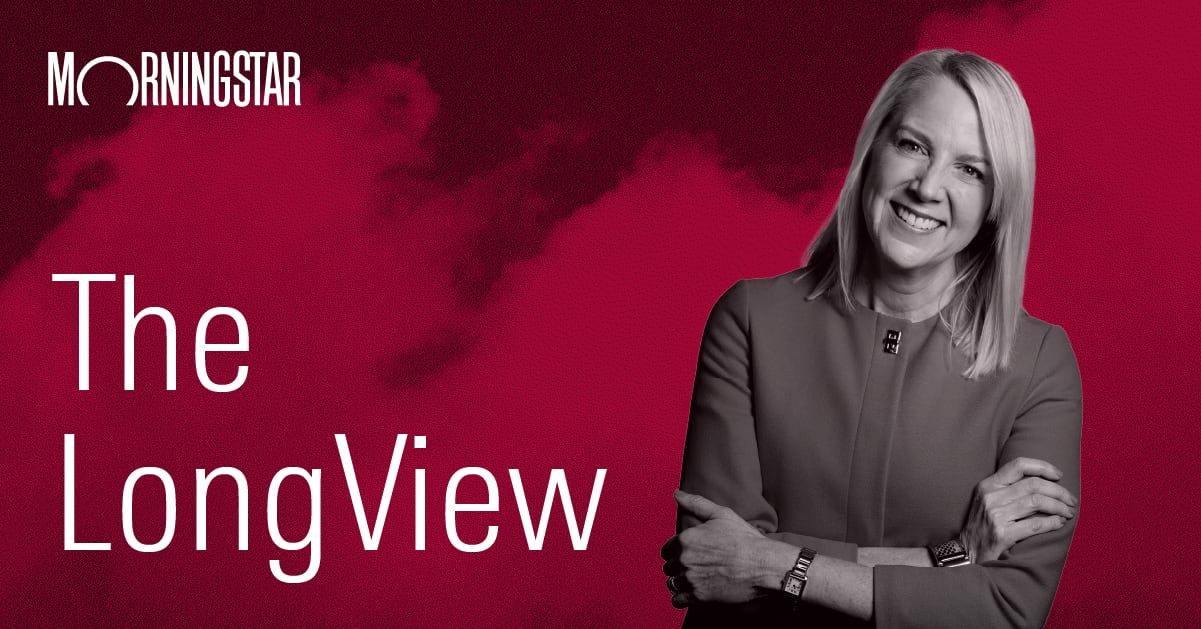- Fifth Third RIA mining private banks to hit $10B in AUM
- My parents have $6 million in the stock market and I anticipate on inheriting half of it – how do I factor this into my retirement plans?
- Apella Wealth Brings In $144 Million RIA Young Wealth Management Team
- Courtney Leffall Recognized by Marquis Who’s Who
- 9 Questions for Financial Planning Columnist Bob Veres
Sponsored by JPMorganChase
Bạn đang xem: Did You Reach Your Financial Goal This Year?
Eleven months ago, many people set financial goals for the New Year.
Maybe you planned to buy a new home, finance a new vehicle or start a new business. Whether you made New Year’s resolutions, pasted images on a vision board or crunched numbers on an official balance sheet, you had every intention of achieving those goals in 2024.
As the year draws to a close, it’s time to look back on what worked — or where you may have gone wrong financially. Those lessons learned can help you set new goals and better manage your finances in 2025.
Jerry Johnson, Community Manager with JPMorgan Chase in Milwaukee offers six dos and don’ts about financial planning and management that can help you achieve a fresh start in 2025 and get closer to reaching your goals.
1) DO create a budget
One common financial mistake is not having a budget at all. Remaining in the dark about your spending can limit your ability to save for important goals like a car, a home or your retirement. If you don’t know what you’re spending, there’s a good chance you may be spending too much.
2) DON’T leave your budget up to chance
Xem thêm : Five ways to (finally) kickstart your financial plan
Using guesswork when trying to allocate your monthly budget can lead to overestimating or underestimating how much to allot toward each budgeting category. This may set you up for failure. Taking a month to assess and identify your spending patterns may help to establish a baseline as you’re setting your budget.
3) DO track your spending
Get to know your spending by creating a monthly budget tracker. You can then review your spending and track it in a monthly budget worksheet. Over time, you can adjust which budgeting categories to cut back spending on. Expenses can fluctuate month to month, so be prepared to shift gears whenever necessary.
4) DON’T put wants and needs in the same category
A common error beginner budgeters can make is mistaking “wants” for “needs.” Needs are essential items like utility bills, rent or mortgage payments, and groceries. These are things you need to live. Wants, on the other hand, are non-essential expenses like dining out or entertainment. It may still be possible to find room in your budget to accommodate a few luxuries, but being honest with yourself about what’s truly necessary may help you avoid this budgeting mishap.
5) DO keep it simple
The idea of listing every single expenditure for a month might seem daunting, but you don’t have to go that far. It can be helpful to create a budget that works for you, which includes making it manageable enough to take on in the first place. If you’re just starting out, create just a handful of budgeting categories to help keep things simple.
6) DON’T skip the emergency fund
Life is unpredictable and having an emergency fund to pay for unplanned expenses may help you during that time. Without it, you may have to dip into long-term savings or use a credit card if the unexpected arises. Creating an emergency fund doesn’t have to be intimidating. When you’re making your budget, include a monthly line item for emergency fund contributions. This can help build up your reserves over time. Many bank accounts even let you automate these emergency fund deposits.
Xem thêm : Barbara Corcoran’s Advice for Sticking With a New Habit Could Reset Your Money in 2025
The bottom line
Give yourself grace if you fell short of your financial goals this year. As you prepare for 2025, remember that budgeting can be a powerful tool to help you build better financial habits.
Start tracking your spending now to set up your budget for next year and be aware of common budgeting mistakes. It’s never too early – or too late – to get back on the road to financial freedom.
For informational/educational purposes only: Views and strategies described may not be appropriate for everyone and are not intended as specific advice/recommendation for any individual. Information has been obtained from sources believed to be reliable, but JPMorgan Chase & Co. or its affiliates and/or subsidiaries do not warrant its completeness or accuracy. JPMorgan Chase & Co. and its affiliates are not responsible for, and do not provide or endorse third party products, services, or other content.
Deposit products provided by JPMorgan Chase Bank, N.A. Member FDIC. Equal Opportunity Lender.
© 2024 JPMorgan Chase & Co.

Advertorial
Nguồn: https://horizontalline.icu
Danh mục: News







